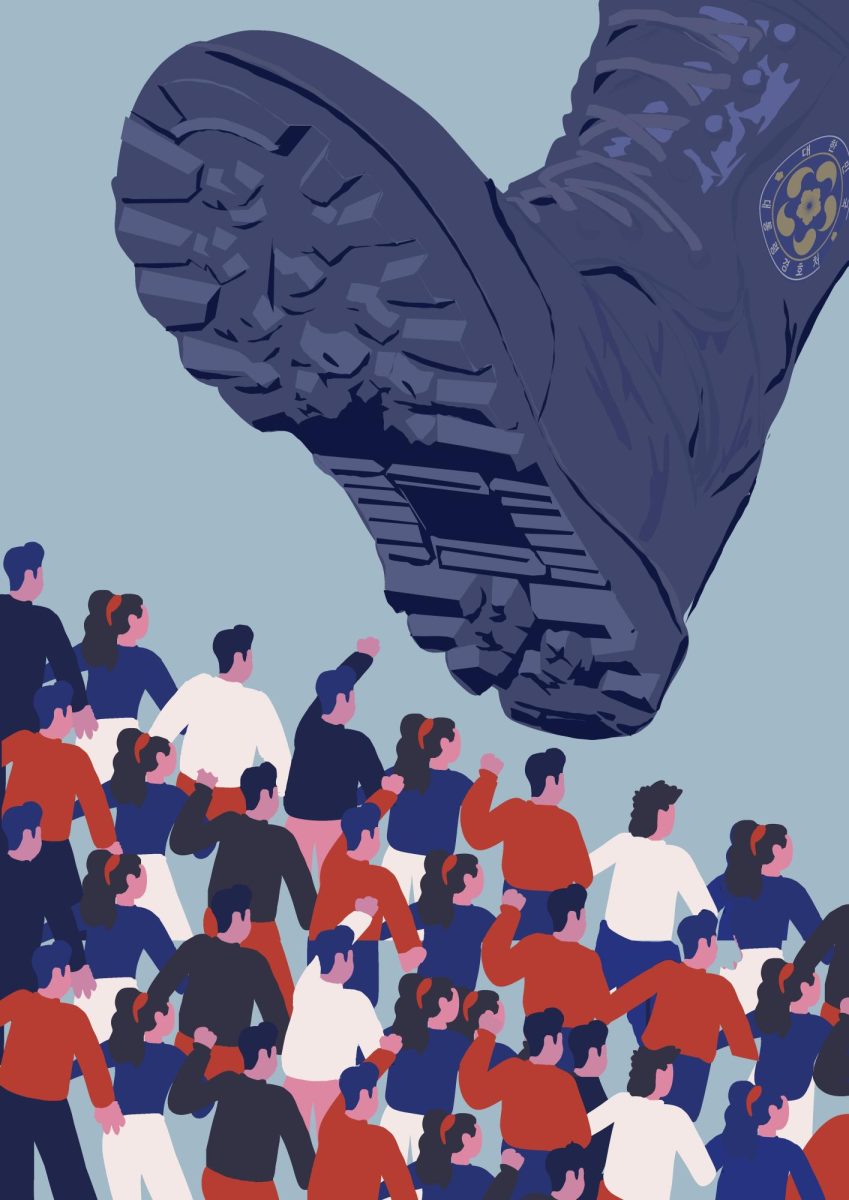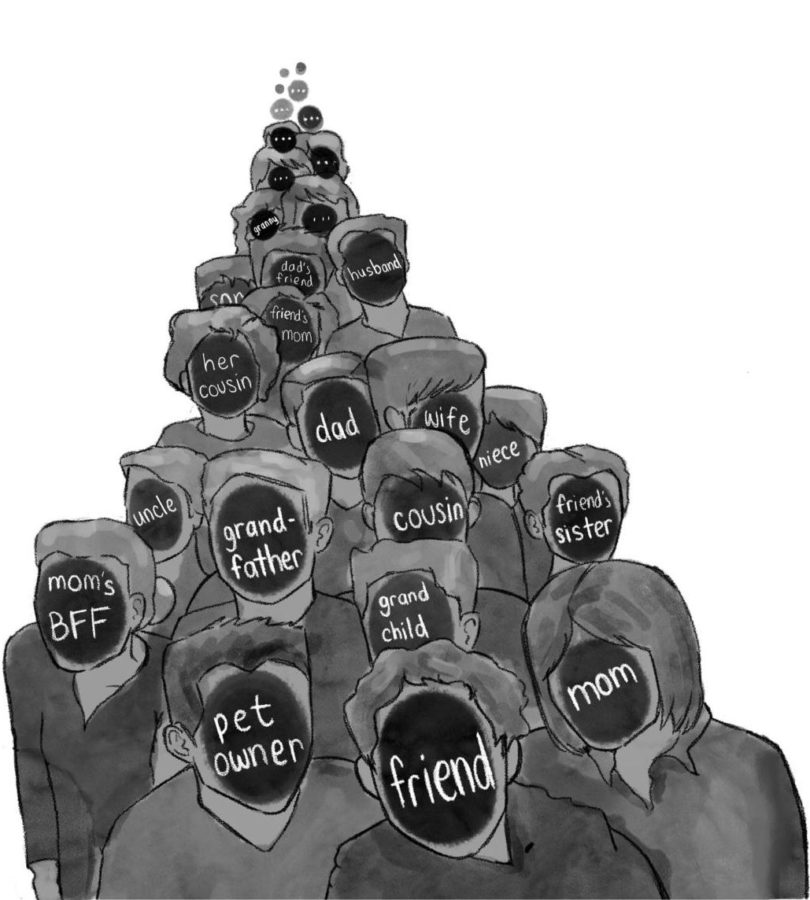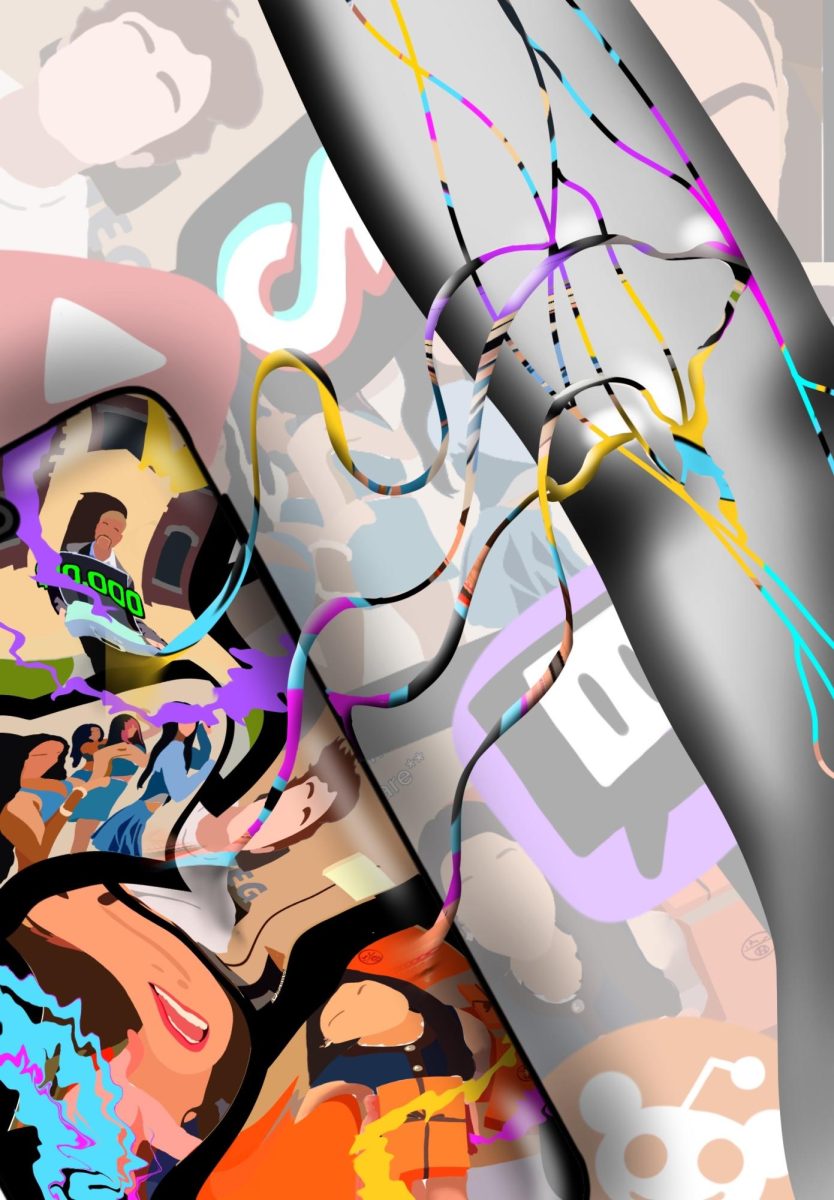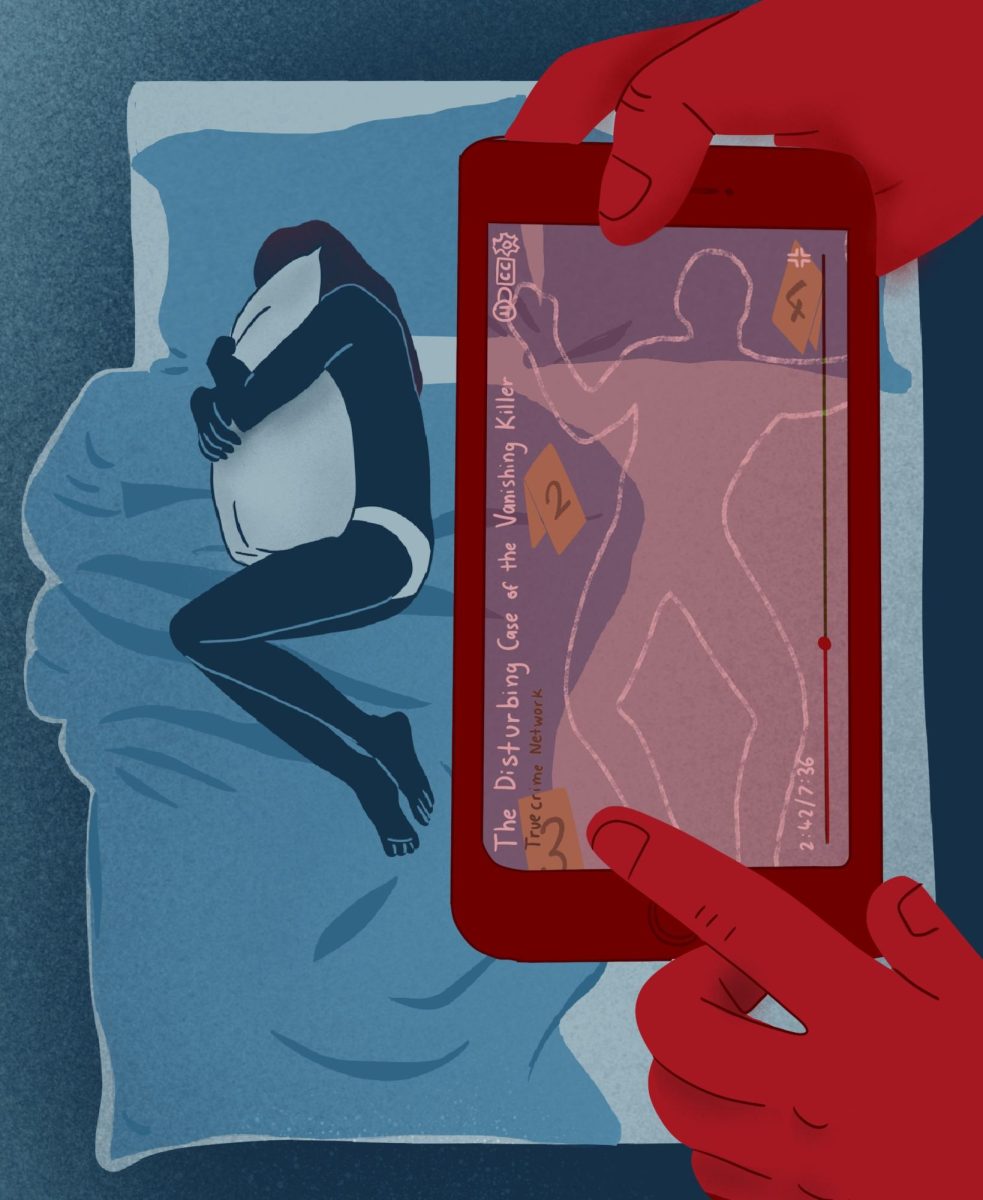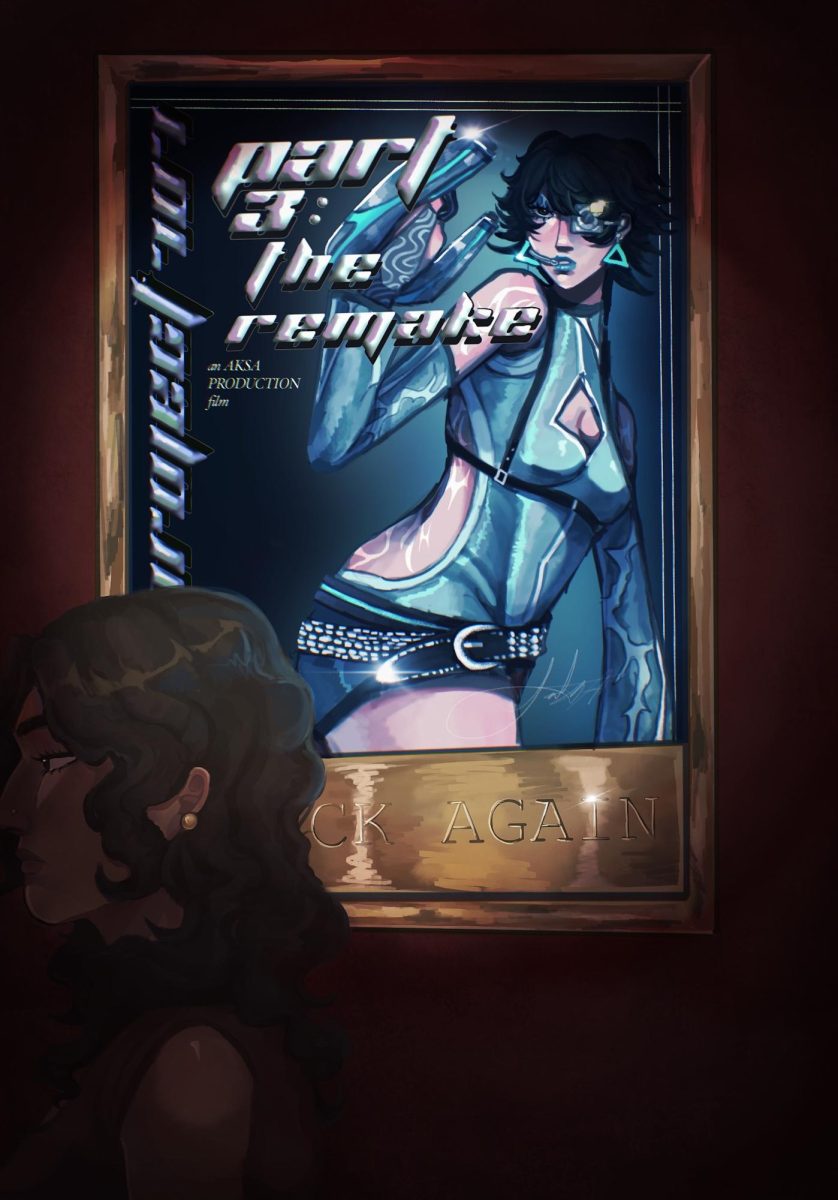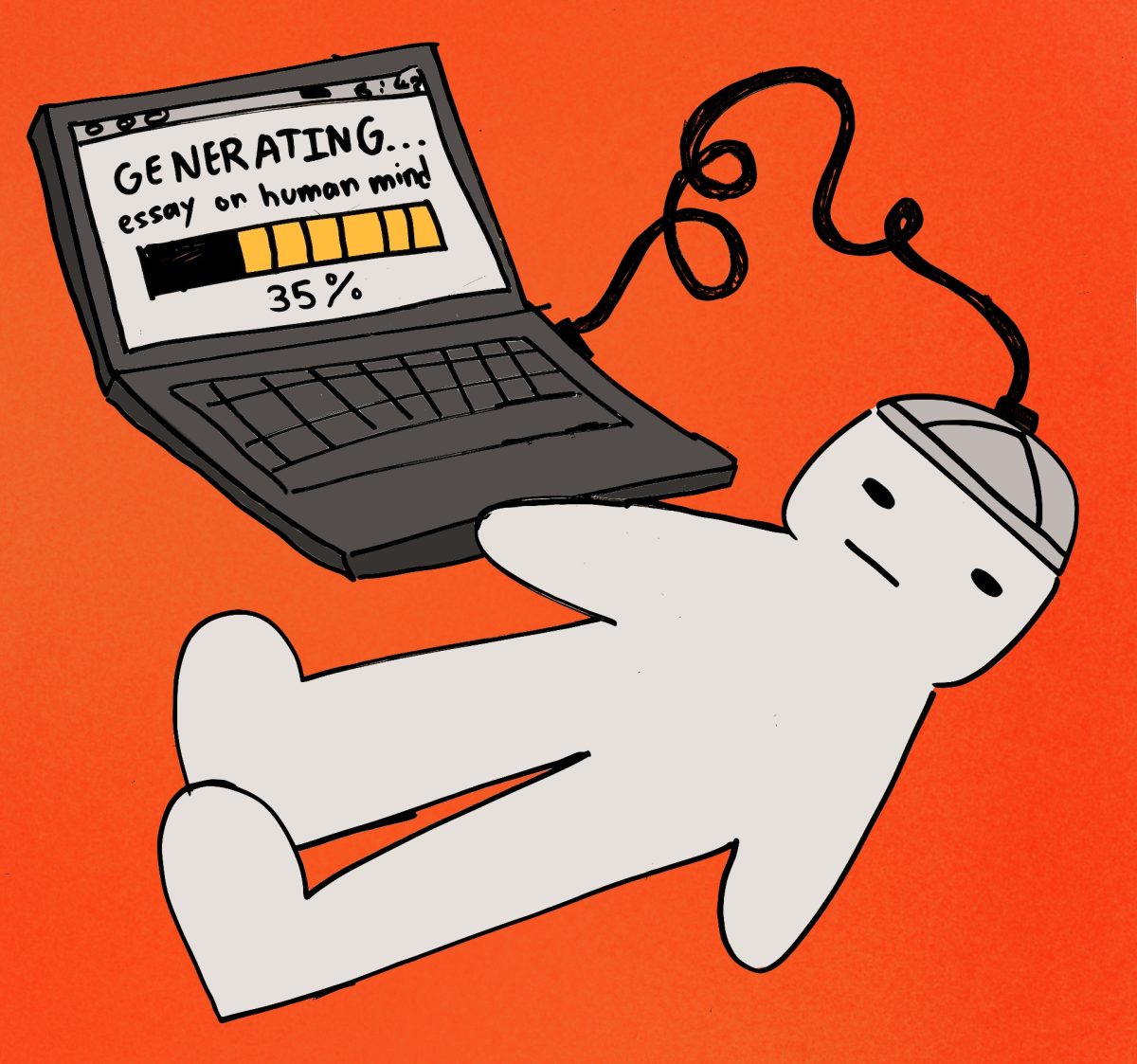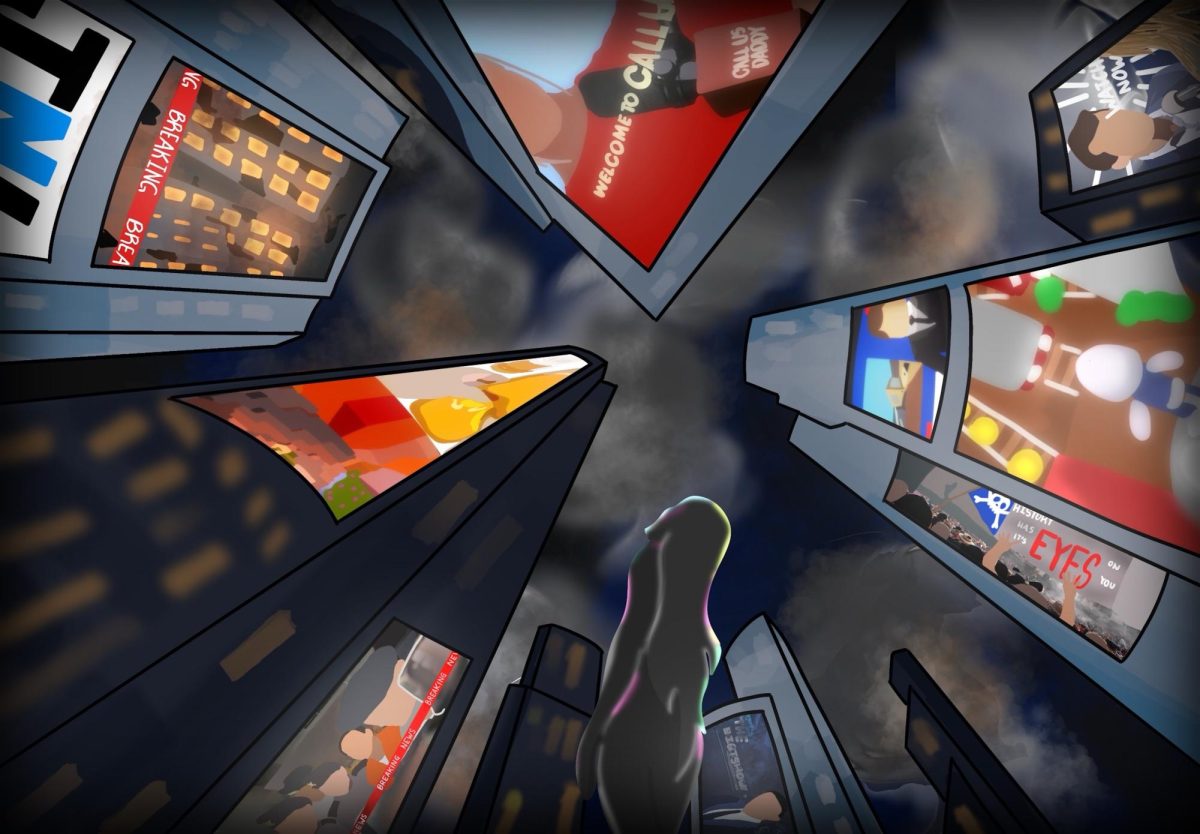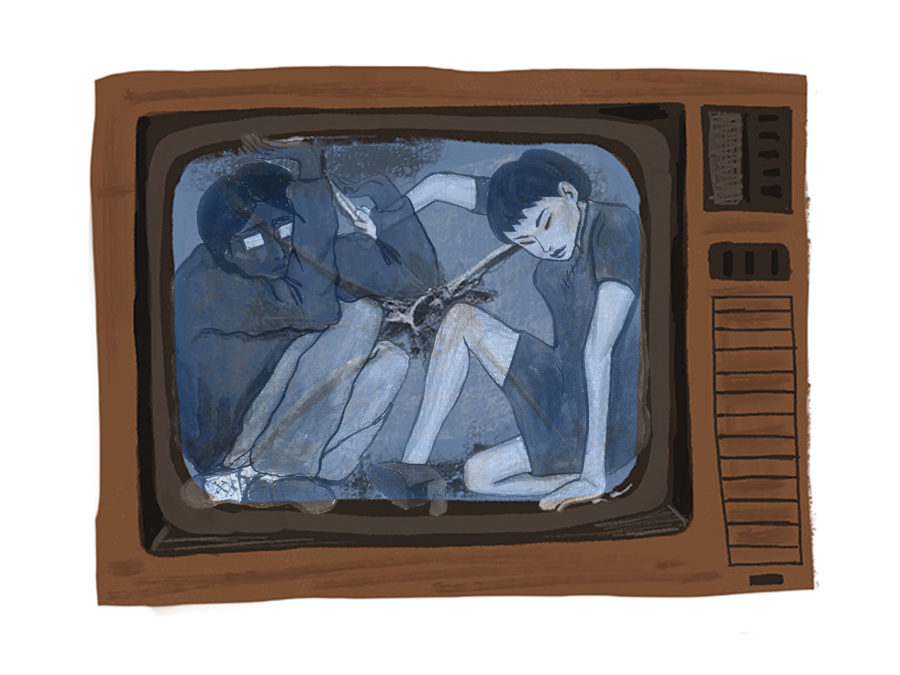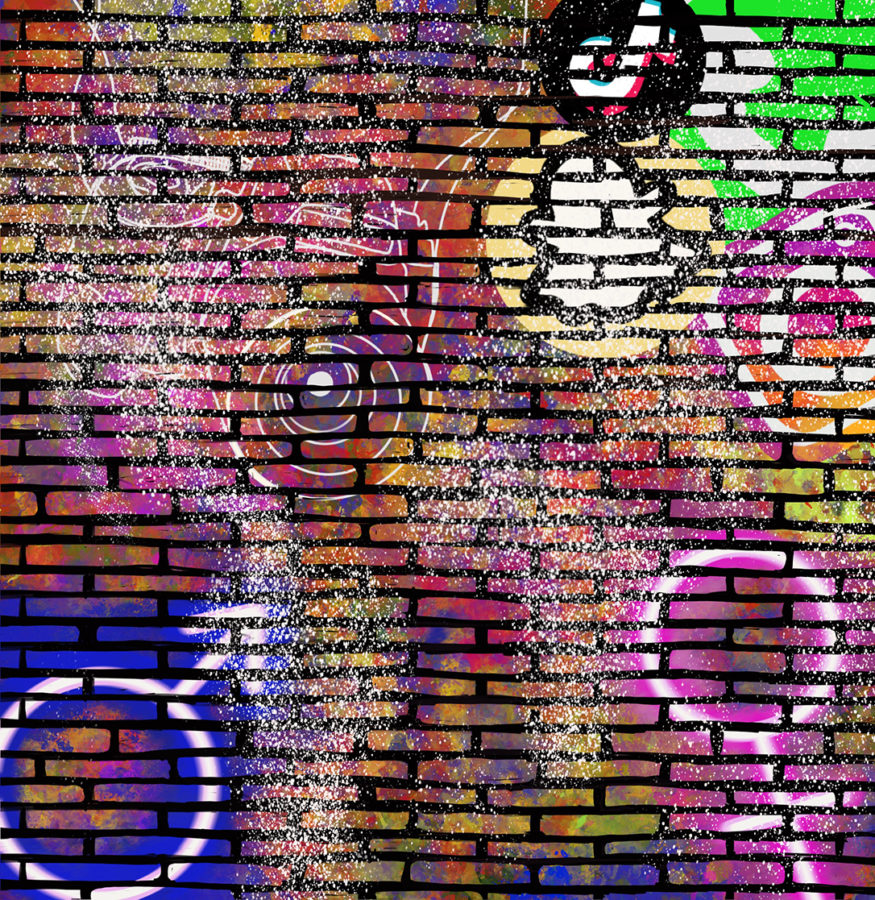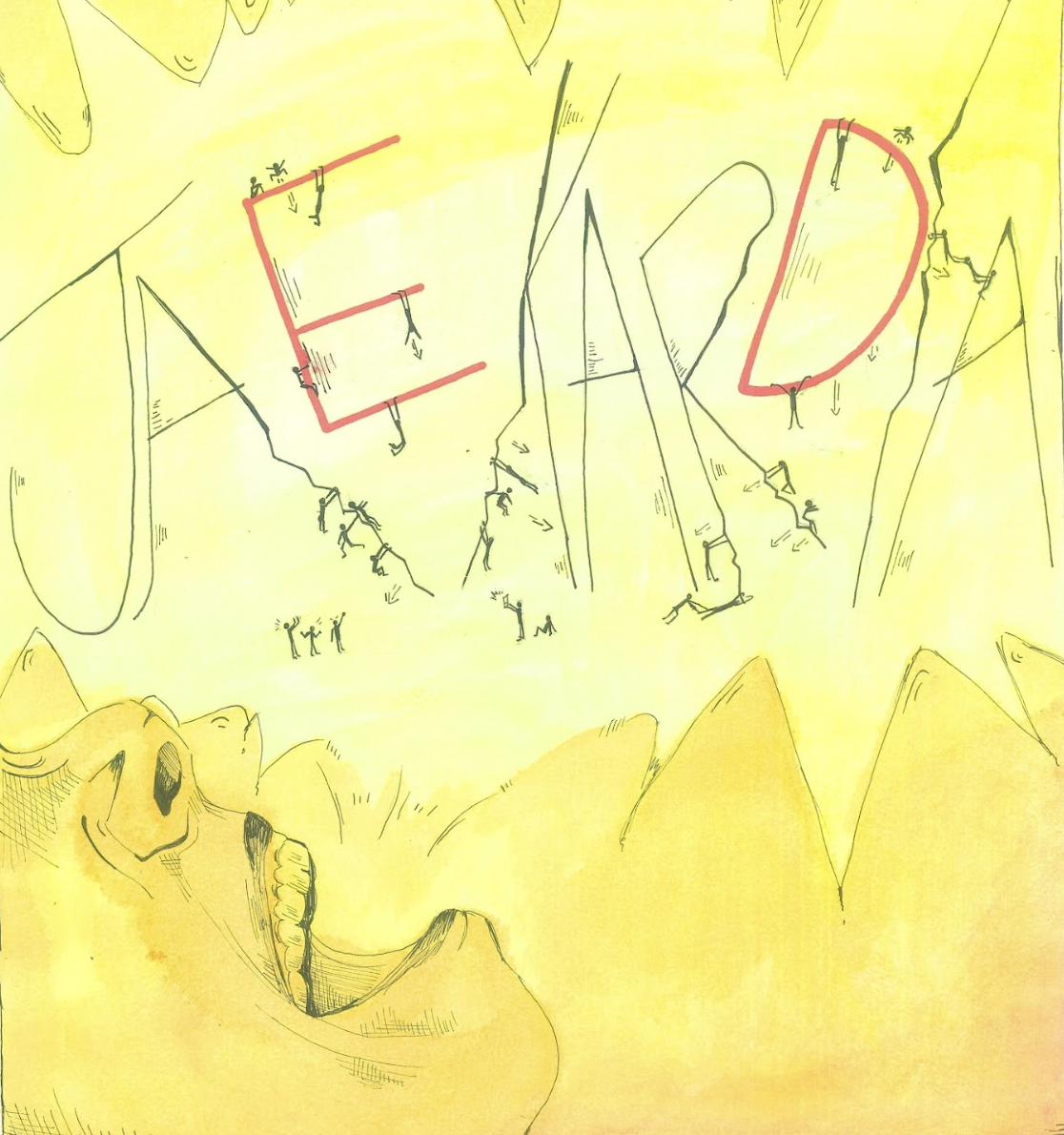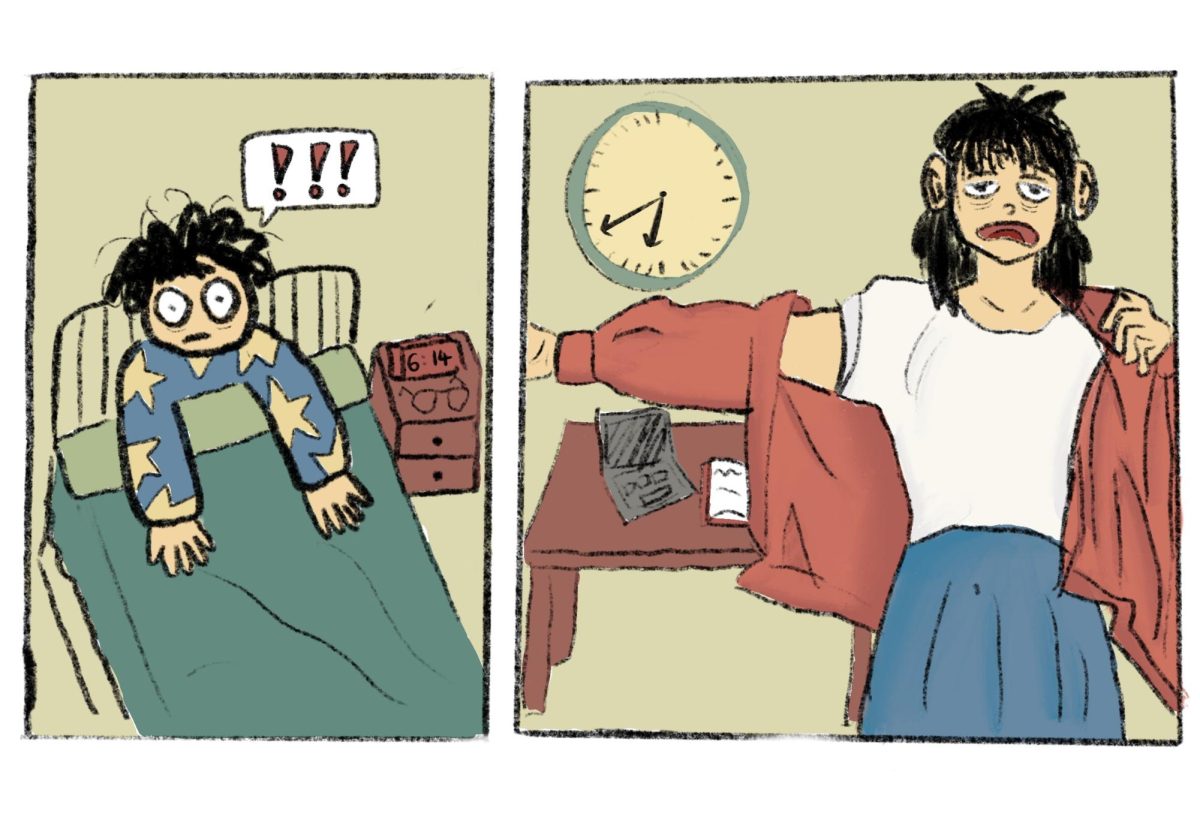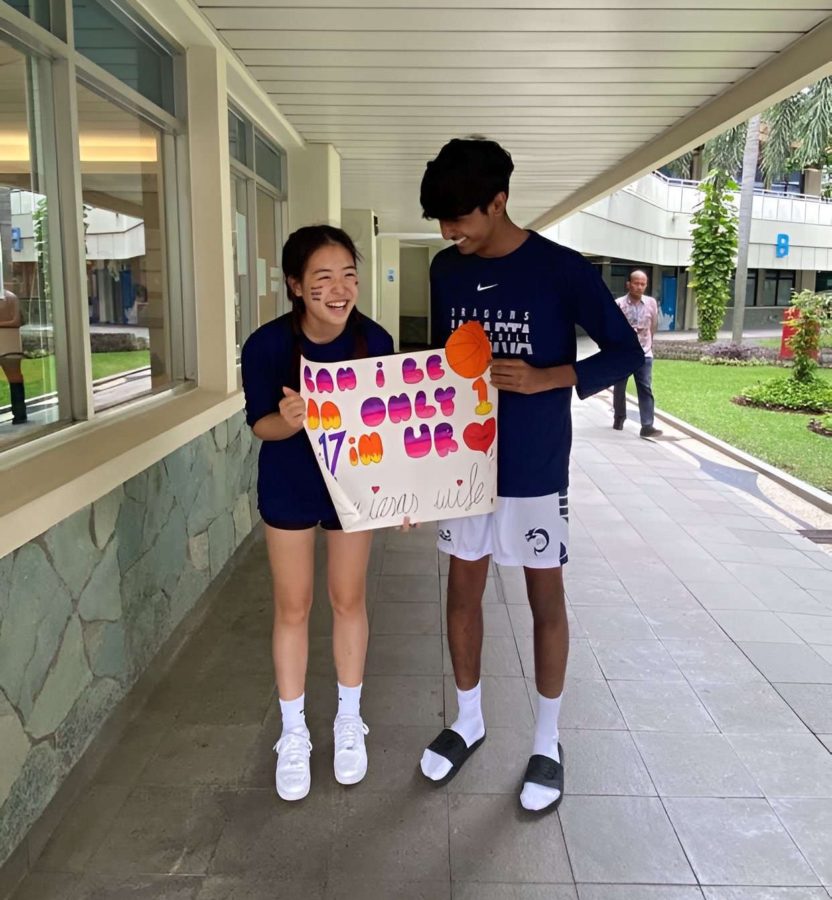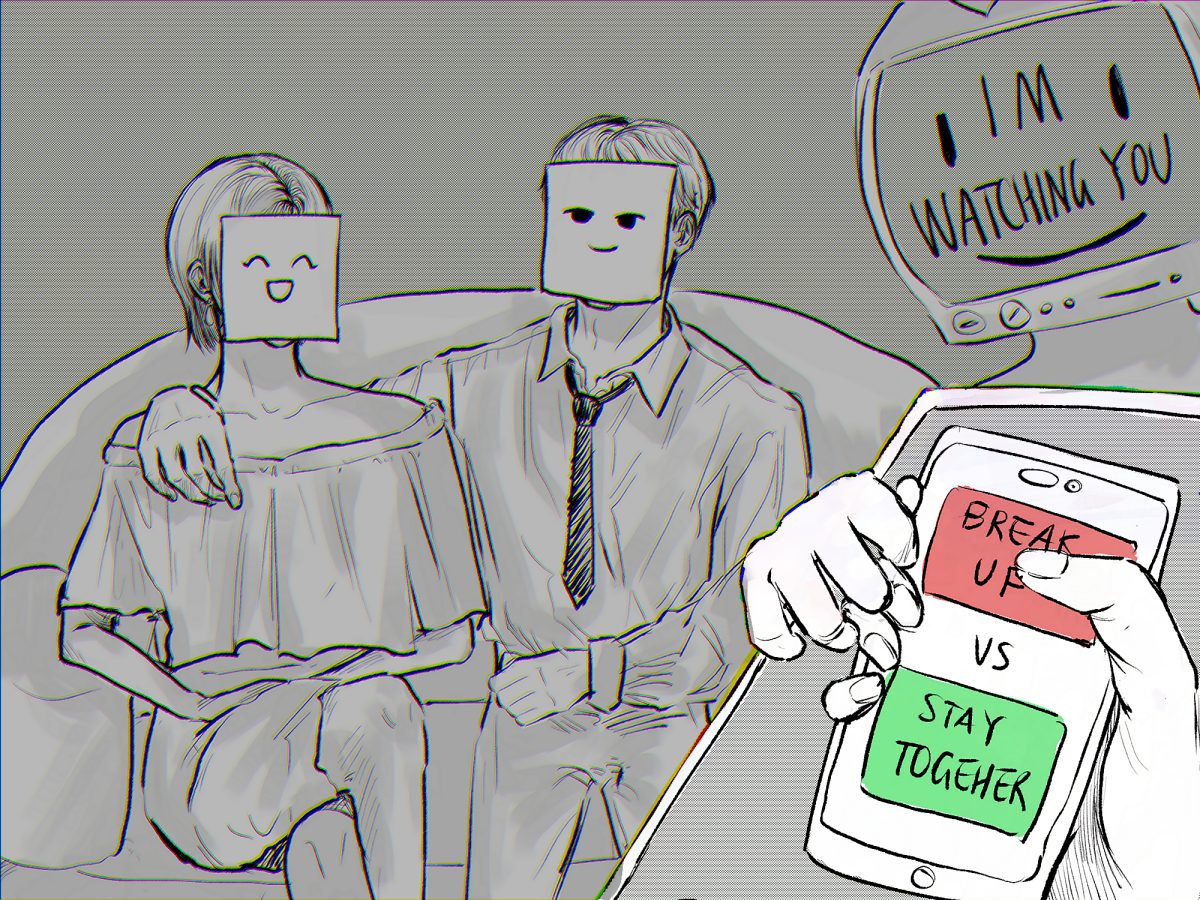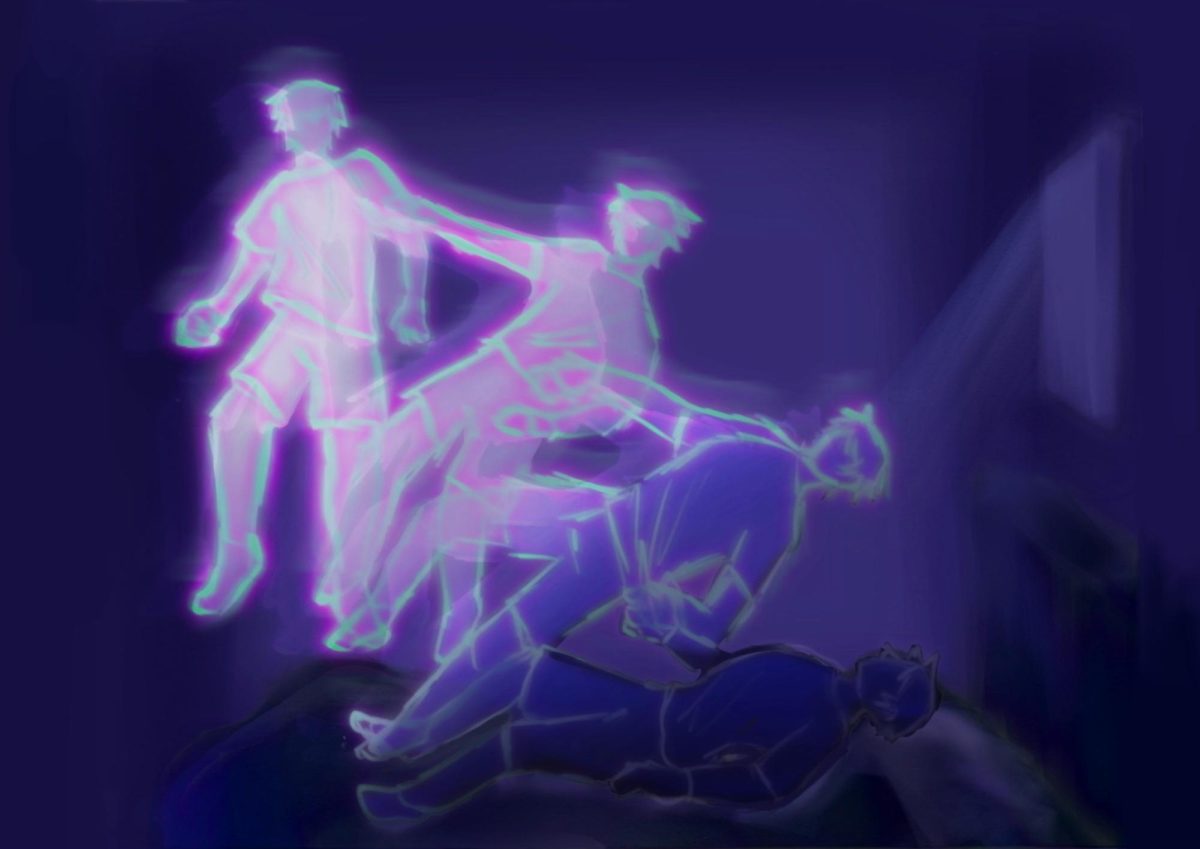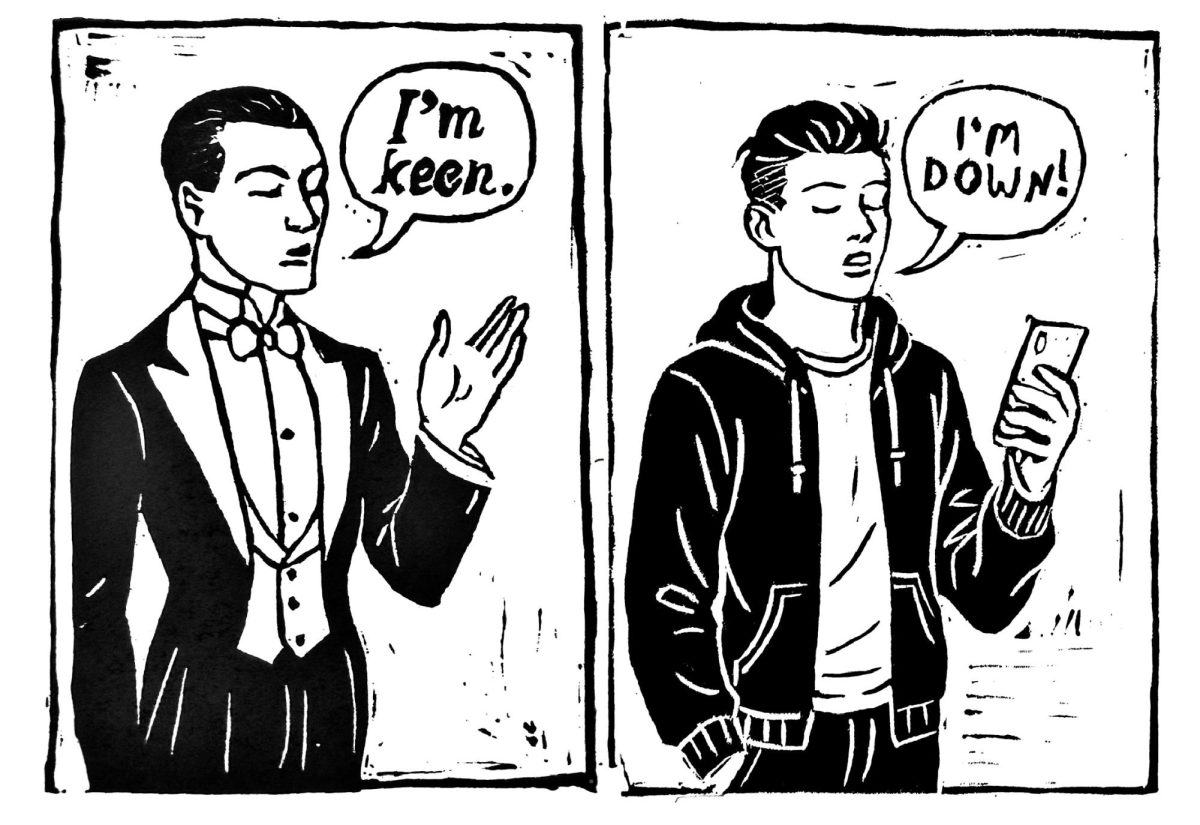As fans of The Hunger Games dive into the newly released prequel, Sunrise On The Reaping, its only fitting to revisit the original trilogy. Author Suzanne Collins further explores political themes from the original through Haymich Abernathy’s time in the Games—a previously secondary character best known as Katniss and Peeta’s mentor—reflecting our current world and its history.
Whether you grew up reading the books or watching the movies, there is more to uncover about Panem. Though oftentimes overshadowed by romance and action, political themes have played a significant role in shaping the narrative throughout the series, even outside of the actual games.
The rebellion 75 years before the first of The Hunger Games trilogy proved the Capitol’s rule faulty, leading to its change in method of control for its districts. In The Hunger Games and The Hunger Games: Catching Fire, the Capitol rules Panem with more than pure force—it shapes its truths through masterfully crafted propaganda, inciting fear in its districts, and establishing an illusion of choice for citizens.
Every year during the reaping, district youths are shown a video about the importance of the Hunger Games as a punishment for the rebellion led by the districts. Using the example of the bombing of District 13, the Capitol incites fear and guilt in the district’s
citizens, establishing their message: comply, or face destruction.
The Price of Victory
In the arena, tributes are forced to kill, stripping them of their humanity and reminding Capitol citizens that the districts are foreign and dangerous—justifying the cruelty of the Hunger Games. Additionally, the Games establish their control over the fates of district citizens and their sense of individuality, leading them to believe that the Capitol could further reduce them to a mere commodity.
Beyond it, victors are forced to give speeches promoting the Capitol’s narrative during their tour of Panem, with the threat of losing their families and loved ones if they speak out. Victors are forced to serve past their victory—being paraded and exploited—issuing a warning to the districts: even after emerging victorious, they belong to the Capitol. In turn, victors are villainized
as supporters of the Hunger Games by living extravagant lifestyles on camera in the Capitol and cannot return to district life, playing the important role of demonstrating the possible “reward” for complying with orders.
Yet, the Capitol strives to use these victors as a symbol of honour and reward to create something stronger than compliance—belief in the system.
The Danger Of Ideas: Silencing Stories
To prevent thoughts of rebellion, the Capitol outlaws various forms of art across Panem, such as books and songs, threatened by the possibility of unity between districts through these forms of art.
Books often challenge narratives and question authority, promoting individual and critical thinking, which contradicts the Capitol’s mission for unquestioning obedience from the districts. Thus, through burning books, dissenting voices are suppressed and citizens are defaulted to accept the status quo.
Many authoritarian governments have long censored books that promote opposing ideology and conflict with their cultural and
religous teachings. Works that question political authority or defy traditional gender roles are banned. The government’s theocratic censorship limits the spread of opposing ideas, esspecially amongst the youth.
As the Capitol burns books to enforce obedience, book banning prevents breeding thoughts and conversations that challenge societal norms. In doing so, the authoritarian rulers stay in power through control.
Stiffling Anthems of Defiance
Similarly, the Capitol banned songs promoting unity, defiance, or hope. One of the most notable examples in The Hunger Games trilogy is The Hanging Tree, which tells the story of a man who was hanged for “crimes against the Capitol.” This song metaphorically exposes the absurdity and injustice behind his death and subtly encourages rebellion. As a result, it became the anthem and battle hymn of the uprising, rallying the districts to revolt against the Capitol.
Originating from the musical Les Misérables about a student-led uprising in 19th century France, Do You Hear The People Sing, composed by Claude-Michel Schönberg, has become an anthem of hope and defiance in the real world. It is used to express the
peoples hopes, such as in the protests for democracy in Hong Kong. In response, the song was censored in some communist nations, and banned from being played on its media broadcasts.
The dangers in these songs lie in their ability to unify the revolutionaries and spread movements by promoting courage. A threat so dangerous that authoritarian regimes go to great measures to silence mere melodies.
Throughout the trilogy, Collins establishes Panem’s control through media censorship as much as brute force. Despite their parallels, the present is far from becoming the twisted world of The Hunger Games.
However, if The Hunger Games itself is banned one day, it will not be because of its themes of violence—it will be because Collins’s story is no longer just fiction, but a mirror held up to our world, reflecting truths we have long chosen to ignore.

